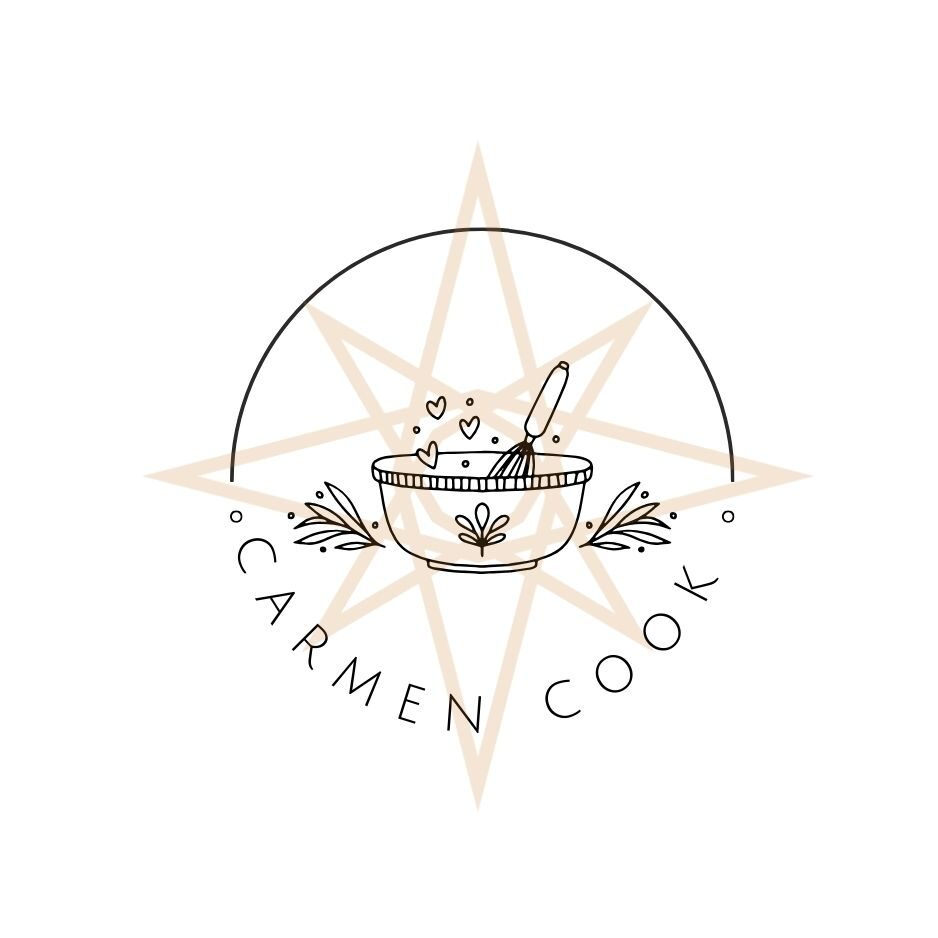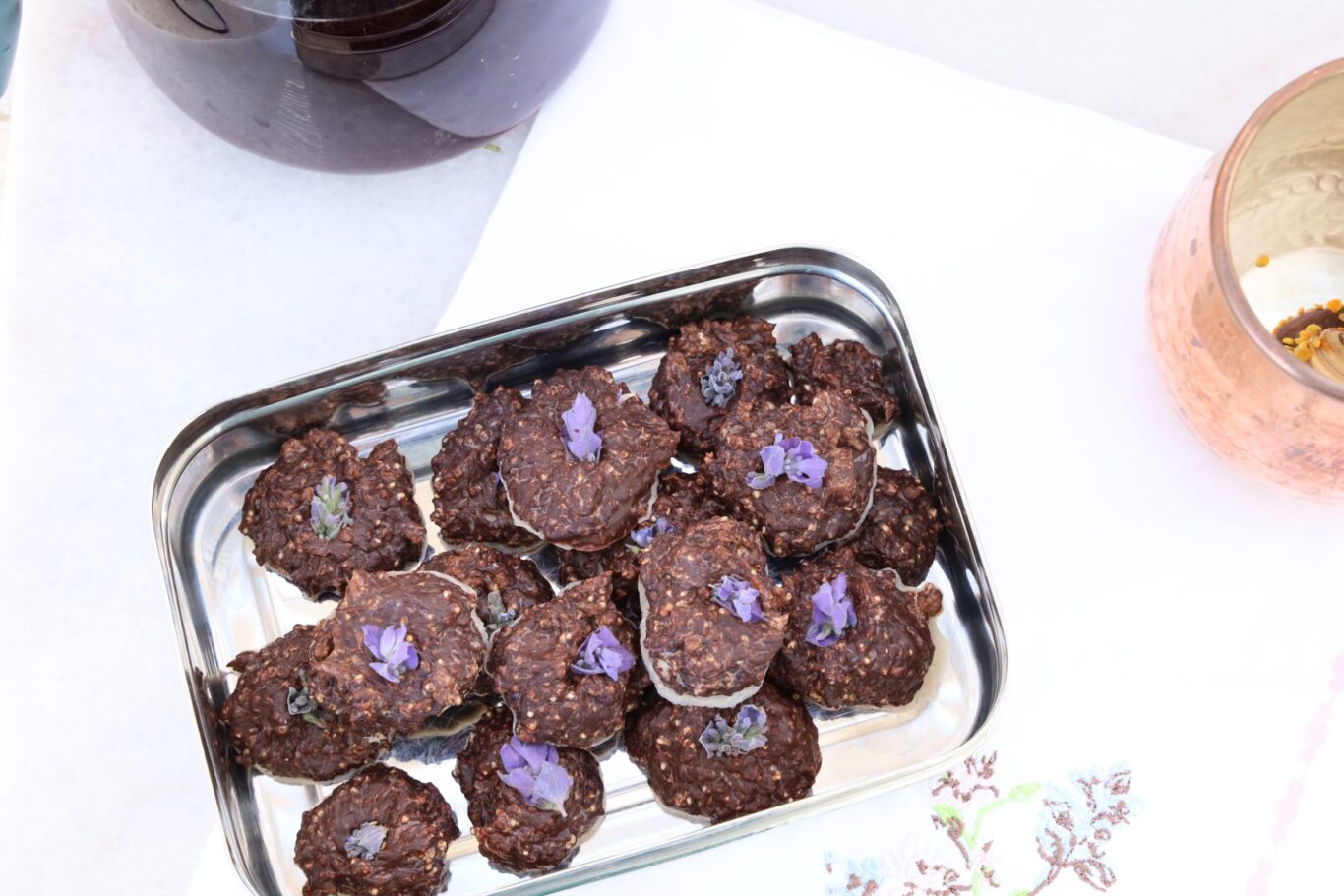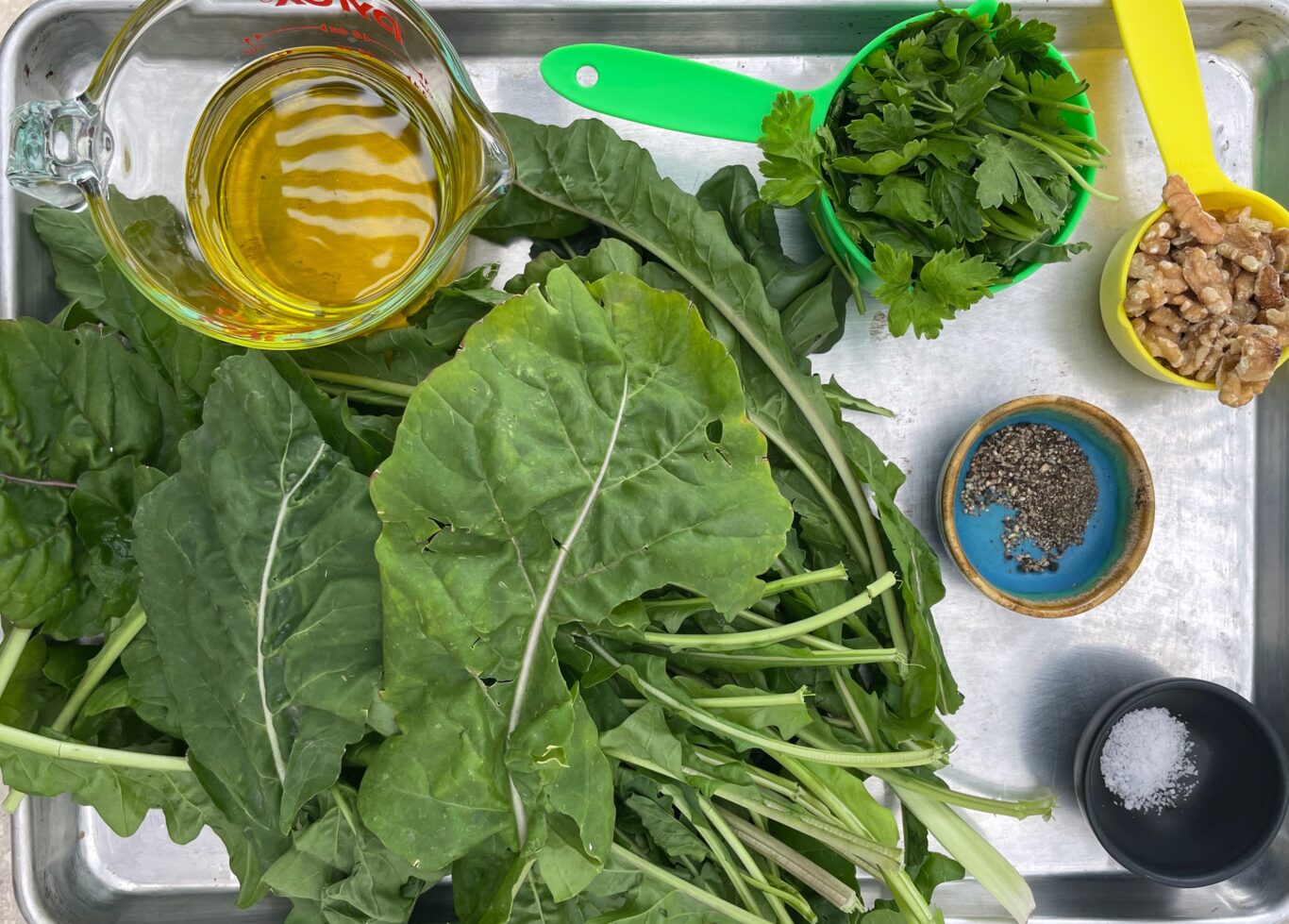The Collagen Connection: Glycine, Serine, Betaine, and Vitamin B5
Welcome back to the world where nutrients are superstars on a vital mission for health and beauty. Today, we’re spotlighting glycine and serine—two critical amino acids in collagen production—and the role of vitamin B5 in tissue repair. We’ll compare the concentrations of these nutrients in common collagen supplements to their amounts in plant foods, illustrating how your diet can support your body’s natural collagen synthesis.
The Collagen Crew: Glycine and Serine
Collagen, the protein responsible for skin elasticity and youthfulness, is predominantly made up of three amino acids: glycine, proline, and hydroxyproline, with glycine making up about one-third of the composition. Serine, though not a major component of collagen, is crucial in the production of tryptophan, which in turn supports collagen synthesis through various pathways.
Glycine: The Star Performer
Glycine is a leading actor in the collagen production show. It helps build the triple helix structure of collagen, which gives skin its firmness and strength. A typical collagen supplement might contain around 20% glycine. So, if a supplement provides 10 grams of collagen, you’d get about 2 grams of glycine.
Plant-based Glycine Sources:
- Spinach: 100 grams (about a cup) provides roughly 80 mg of glycine.
- Kale: 100 grams offers around 76 mg of glycine.
Serine: The Support Act
Serine, though less talked about, plays a crucial role in the synthesis of various proteins, including collagen. It’s involved in forming the bonds that stabilize and strengthen collagen fibers.
Plant-based Serine Sources:
- Soybeans: Half a cup of cooked soybeans contains about 710 mg of serine.
- Pumpkin seeds: A quarter cup can provide nearly 265 mg of serine.
Vitamin B5: The Repair Maestro
Vitamin B5, or pantothenic acid, is essential for the synthesis of coenzyme A, which is involved in the synthesis and repair of skin cells, among many other functions. This nutrient doesn’t directly contribute to collagen synthesis but supports the overall health of skin cells, making it easier for the body to produce and repair collagen.
Plant-based B5 Sources:
- Avocado: One medium avocado provides about 2 mg of vitamin B5.
- Sunflower seeds: A quarter cup offers about 1.75 mg of B5.
From Supplements to Spinach: The Nutrient Comparison
Let’s do a quick comparison to illustrate how much of these nutrients we can get from supplements versus plant foods.
- Soybeans (1/2 cup, cooked): Delivers about 710 mg of serine.
- Collagen Supplement:
- Glycine: Typically about 2,000 mg per 10 grams of collagen.
- Serine: Typically about 850 mg per 10 grams of collagen.
- Vitamin B5: Not commonly present in significant amounts in pure collagen supplements.
- Spinach (three cups cooked, approximately 540 grams):
- Glycine: Roughly 174 mg.
- Serine: About 222 mg.
- Vitamin B5: Approximately 0.6 mg.
- Edamame (cooked, per half cup):
- Glycine: Roughly 280 mg.
- Serine: About 260 mg.
- Vitamin B5: Approximately 0.13 mg
- Almonds:
- Glycine: About 60 mg per quarter cup.
- Serine: Approximately 210 mg per quarter cup.
- Vitamin B5: Around 0.15 mg per quarter cup.
- Chickpeas (cooked):
- Glycine: Roughly 190 mg per half cup.
- Serine: About 260 mg per half cup.
- Vitamin B5: Approximately 0.25 mg per half cup.
- Black Beans (cooked):
- Glycine: About 170 mg per half cup.
- Serine: Around 240 mg per half cup.
- Vitamin B5: Roughly 0.20 mg per half cup.
- Peanuts:
- Glycine: Approximately 345 mg per quarter cup.
- Serine: Around 290 mg per quarter cup.
- Vitamin B5: About 0.50 mg per quarter cup.
- Walnuts:
- Glycine: About 45 mg per quarter cup.
- Serine: Roughly 70 mg per quarter cup.
- Vitamin B5: Approximately 0.10 mg per quarter cup.
From this comparison, it’s clear that while supplements provide a concentrated dose of specific amino acids, plant foods offer a broader spectrum of nutrients, including antioxidants and minerals, that support overall health and complement the body’s ability to synthesize collagen.
Beets Are For Beautiful Skin
Role of Betaine in Collagen Synthesis:
Betaine’s ability to convert into glycine adds an extra layer to its utility in supporting collagen synthesis. Since glycine is a major component of collagen, having a dietary source that contributes to its production is beneficial. Here’s how betaine from beets can help:
- Glycine Production:
- The conversion of betaine to glycine helps increase the pool of glycine available for collagen synthesis, aiding in the formation and repair of this essential protein.
- Homocysteine Reduction:
- By lowering homocysteine levels, betaine reduces the risk of chronic inflammation, which can negatively impact collagen synthesis and degrade existing collagen and elastin in the skin.
Incorporating Beets for Their Betaine Content:
Given their rich betaine content, incorporating beets into your diet can be especially advantageous for skin health and collagen production:
- Salads: Adding roasted or boiled beets to salads not only brings color and flavor but also boosts your nutritional intake.
- Smoothies: For a nutrient-rich start to your day, blend raw beets with berries, bananas, and a touch of ginger.
- Snacks: Pickled beets can be a tangy, flavorful snack or a great addition to sandwiches and wraps.
By integrating beets into your dietary routine, you can leverage their betaine content to support the synthesis of glycine, contributing to healthier skin and more robust collagen production.
The Takeaway
Combining collagen supplements with a diet rich in plant-based foods like spinach, soybeans, and avocados can enhance your body’s collagen production and repair capabilities. Whether you’re supplementing your diet or relying on whole foods, understanding the role of each nutrient allows you to tailor your intake for optimal skin health and vitality.
So next time you blend that green smoothie or sprinkle pumpkin seeds on your salad, remember the crucial roles these plants play in your body’s ongoing production of the collagen that keeps your skin glowing and gorgeous! For an amazing recipe that provides as much glycine in one serving as a collagen supplement check out this post: https://thecarmencooks.com/staging/3924/glycine-and-collagen-as-much-glycine-as-collagen-supplement-in-one-buddha-bowl/






